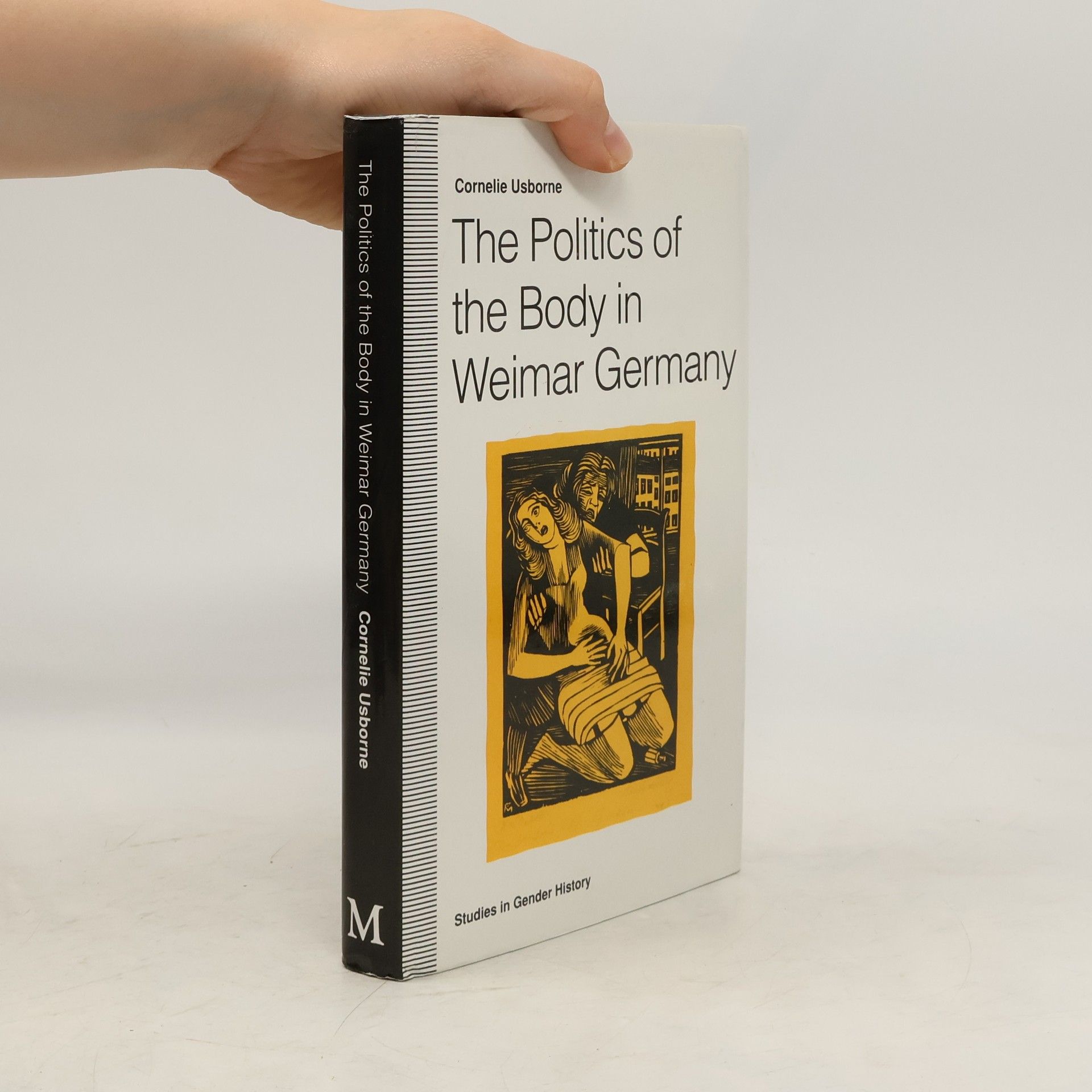Exploring women's employment from 1700 to 1850, this book focuses on Essex and examines various sectors including the worsted industry, agriculture, and service. It analyzes themes such as the sexual division of labor, the impact of capitalism, and the concepts of 'separate spheres' and 'domestic ideology.' By addressing contemporary historical debates, the book provides insights into the continuity and change in women's roles during this transformative period.
Études d'Histoire du GenreSéries
Cette série plonge dans le monde complexe et souvent négligé de l'histoire du genre. Elle explore comment les rôles et identités de genre ont été façonnés, remis en question et transformés au fil du temps. Chaque volume offre de nouvelles perspectives sur des moments et des figures clés qui ont influencé notre compréhension du passé. Les lecteurs peuvent s'attendre à des recherches approfondies et stimulantes qui éclairent l'interaction complexe entre genre, pouvoir et société.


Ordre de lecture recommandé
This book analyses how the Weimar Republic put Germany in the forefront of social reform and women's emancipation with wide-ranging maternal welfare programmes and labour protection laws. Its enlightened policy of family planning and liberalised abortion laws offered women a new measure of control over their lives. But the new politics of the body also increased state intervention, the power of the medical profession and the tendency to sacrifice women's rights to national interests whenever the Volk seemed in danger of 'racial decline'.